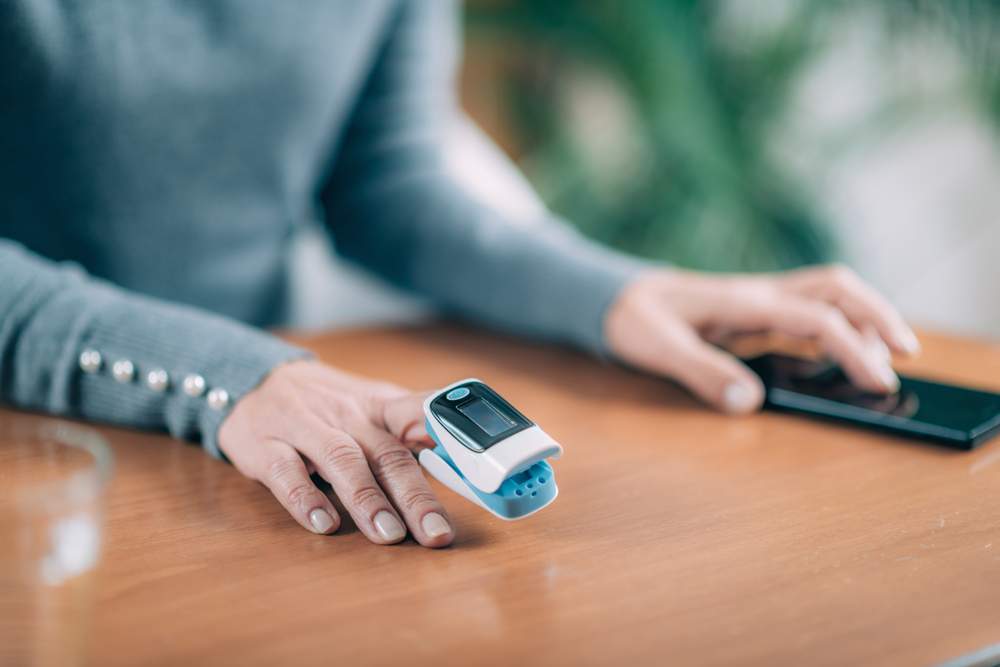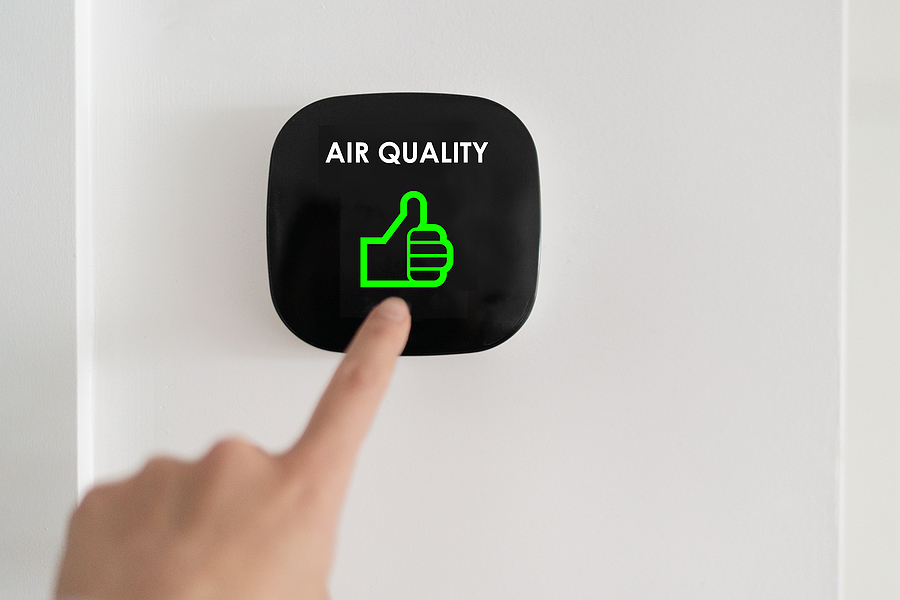Modern technology has revolutionized medical care in numerous ways, enhancing the ability to diagnose, treat, and manage a wide range of health conditions more effectively than ever before. From the advent of telemedicine to advanced diagnostic tools and innovative treatment methods, technology continues to play a pivotal role in the healthcare sector. This blog explores some of the most significant technological advancements and their impacts on medical care.
Telemedicine and Remote Monitoring
One of the most notable advancements in modern medical technology is the rise of telemedicine. Telemedicine allows patients to consult with healthcare professionals remotely, using video conferencing and other digital communication tools. This has been particularly beneficial during the COVID-19 pandemic, enabling patients to receive medical advice and treatment without the need to visit a clinic or hospital, thus reducing the risk of virus transmission.
Remote monitoring devices have also become increasingly sophisticated, allowing for continuous observation of patients’ vital signs from the comfort of their homes. These devices can transmit real-time data to healthcare providers, enabling timely interventions and reducing the need for frequent hospital visits. For chronic conditions like diabetes and heart disease, this continuous monitoring can significantly improve disease management and patient outcomes.
Advanced Diagnostic Tools

Modern technology has vastly improved diagnostic capabilities, leading to earlier and more accurate detection of diseases. Advanced imaging techniques such as MRI, CT scans, and PET scans provide detailed images of the body’s internal structures, allowing for the early detection of conditions like cancer, neurological disorders, and cardiovascular diseases.
Genomic sequencing is another groundbreaking technology that has transformed diagnostics. By analyzing a patient’s genetic code, doctors can identify specific mutations that may predispose them to certain diseases. This personalized approach to medicine allows for more targeted and effective treatments, improving patient outcomes and reducing side effects.
Improved Treatment Options
The development of new medical devices and surgical techniques has greatly enhanced treatment options for many conditions. For example, minimally invasive surgical techniques, such as laparoscopic and robotic surgery, offer numerous benefits over traditional open surgery, including smaller incisions, reduced pain, and faster recovery times.
Medical devices have also seen significant advancements. However, the importance of rigorous testing and monitoring is underscored by the fact that between 2018 and 2022, 13,623 medical devices were recalled according to the National Library of Medicine. These recalls highlight the need for continuous improvement and vigilance in the development and deployment of medical technology to ensure patient safety.
Enhanced Patient Care and Management
Modern technology has also improved the overall patient care experience. Electronic Health Records (EHRs) have replaced paper records, providing a centralized and easily accessible repository of patient information. This has improved coordination among healthcare providers, reduced errors, and enhanced the efficiency of medical care.
Wearable technology, such as fitness trackers and smartwatches, empowers patients to take an active role in their health. These devices can monitor physical activity, heart rate, and other vital signs, encouraging healthier lifestyles and providing valuable data to healthcare providers.
Addressing Rare Conditions
Technology has made significant strides in addressing rare conditions that previously had limited treatment options. For example, Arthrogryposis Multiplex Congenita (AMC), a rare condition affecting one in 3,000 births according to the Pediatric Movement Center, can now be managed more effectively with advanced orthopedic techniques and supportive therapies. Early intervention and customized treatment plans have improved the quality of life for many individuals with this condition.
Environmental Health and Indoor Air Quality

Modern technology has also shed light on environmental health issues, such as indoor air quality. According to the American Lung Association, indoor air quality can be up to 100 times more polluted than outdoor air. Advanced air purification systems and smart home devices can monitor and improve indoor air quality, reducing the risk of respiratory conditions and other health issues caused by poor air quality.
The impact of modern technology on medical care is profound and far-reaching. From enhancing diagnostic and treatment capabilities to improving patient care and addressing environmental health concerns, technology continues to drive progress in the healthcare sector. As technology advances, it holds the promise of even greater improvements in medical care, offering hope for better health outcomes and improved quality of life for people around the world.

